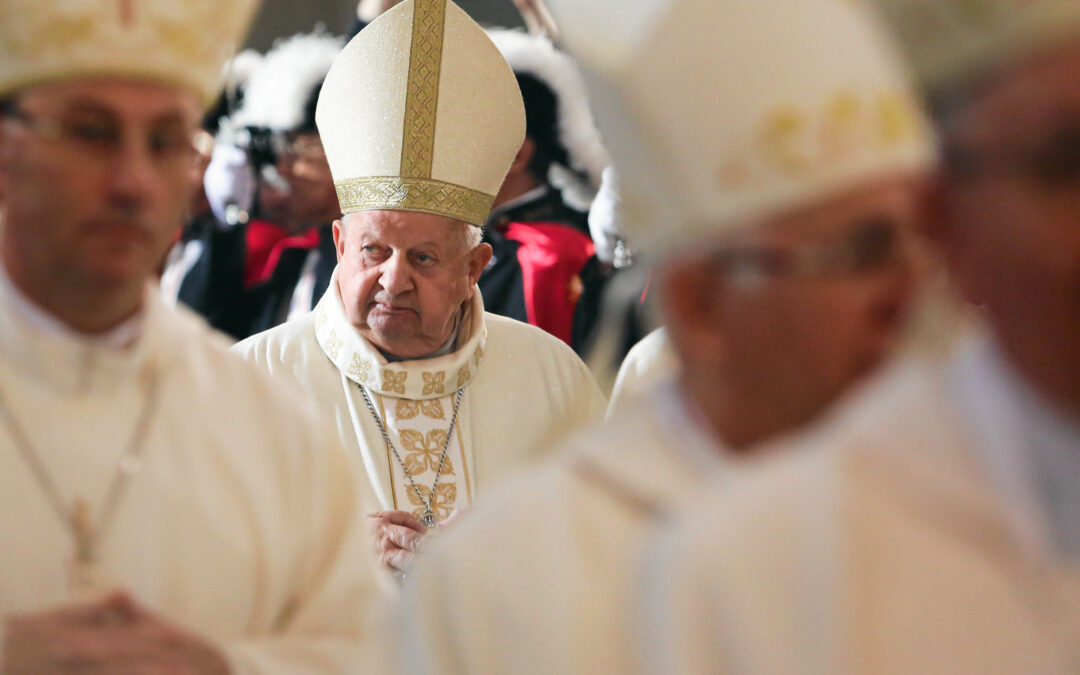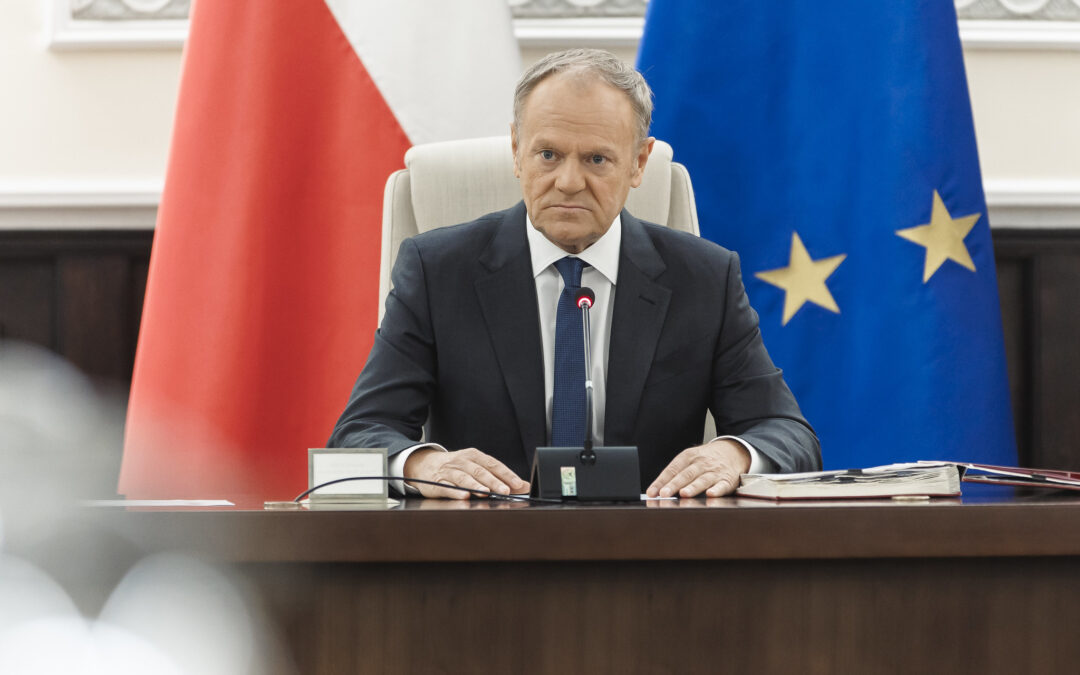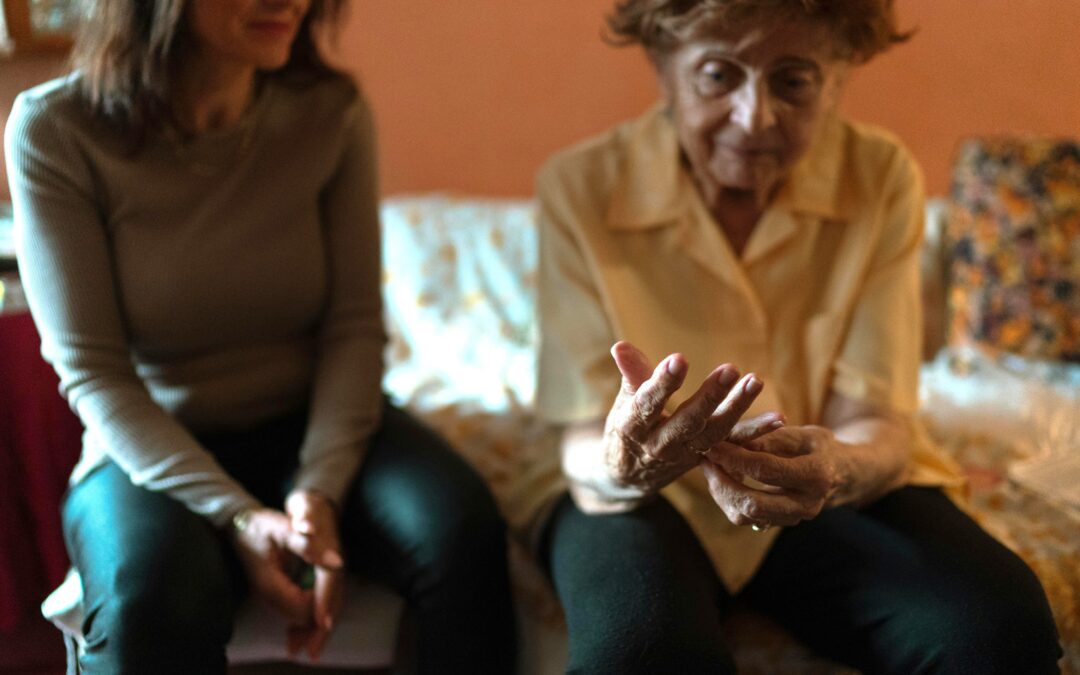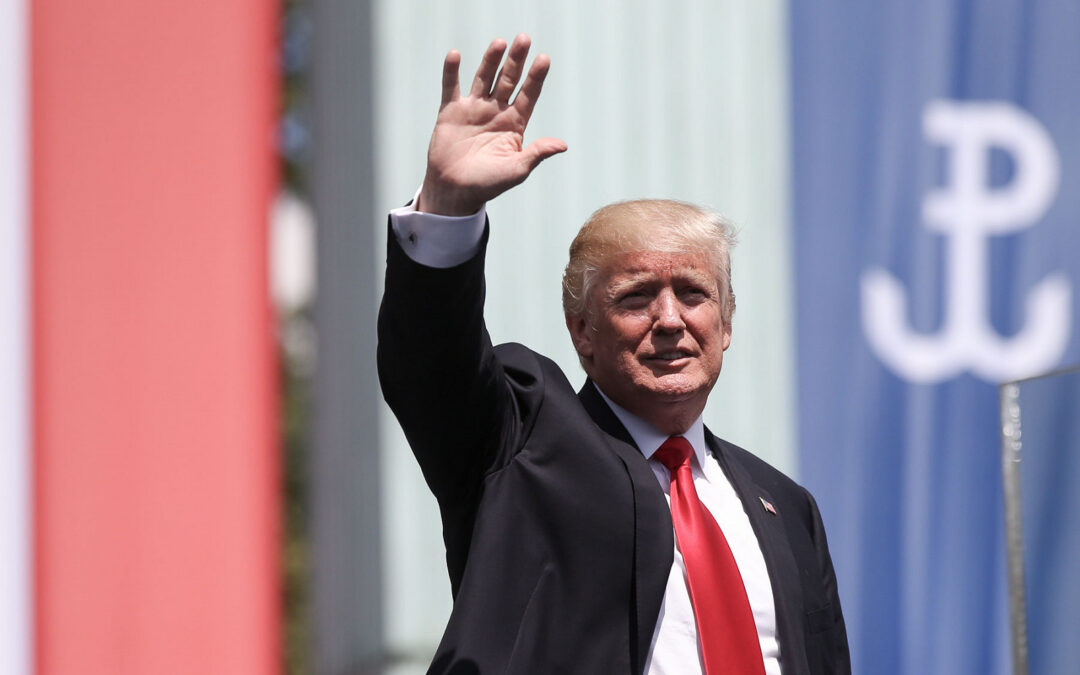Cardinal Stanisław Dziwisz, who for decades served as personal secretary to Polish Pope John Paul II, ignored cases of sex abuse in the Catholic church, an investigation has found. Dziwisz is also accused of accepting bribes. He denies wrongdoing and has called for an investigation.
The latest revelations, aired last night by Polish broadcaster TVN24, come in the wake of a number of other recent cases in which senior Polish clergy have faced action over claims that they carried out or covered up abuse.
Last week, the Vatican took disciplinary measures against Cardinal Henryk Gulbinowicz, who has been accused of abuse. It also ordered an investigation into the former archbishop of Gdańsk, Sławoj Leszek Głódź, over claims he failed to respond to reports of abuse by priests.
Last month, Pope Francis permanently removed the bishop of Kalisz, Edward Janiak, whom he had already relieved of duty in June over claims – aired in another Polish documentary – that the bishop covered up abuse.
Disciplinary measures against a cardinal accused of child sex abuse "are a historic and symbolic moment for the church in Poland", writes @Crux
It is "a sign that things are not swept under the carpet", says a spokesman for the former archbishop's diocese https://t.co/nKi1PmFyVb
— Notes from Poland 🇵🇱 (@notesfrompoland) November 8, 2020
“Don Stanislao”
Last night, TVN24 broadcast a documentary titled “Don Stanislao: the Other Face of Cardinal Dziwisz”. Journalist Marcin Gutowski presented what he said was the darker side of a man who was one of the closest associates of the late Polish pope, John Paul II.
In 2002, Dziwisz reportedly received a letter from the former papal nuncio to Mexico, Archbishop Justo Mullor Garcia, relating to the Mexico-based Legion of Christ. The letter mentioned “grave crimes against morality” at the institution, including “numerous [cases of] child sex abuse”, reports TVN24.
Yet the Vatican took no action. Two years later, the Legion’s founder, Marcial Maciel, celebrated the 60th anniversary of his ordination in Rome, with John Paul II in attendance.
Only later – in one of Benedict XVI’s first actions after becoming pope – was Maciel removed from running the Legion. Subsequently, the institution accepted responsibility for almost 200 cases of child sex abuse, including 60 minors abused by Maciel himself.
TNV24’s investigation also reports that Dziwisz benefited financially from his relationship with Maciel. “In the last years of John Paul II’s life, Dziwisz…received large sums of money from the Legion of Christ,” claims Jason Berry, author of a book on the Legion, who is quoted in the documentary.
Berry says Dziwisz was one of the most influential supporters of the Legion in Rome and used to receive up to $50,000 for letting wealthy donors of the Legion into papal masses at the private chapel of the Apostolic Palace. The practice was labelled an “elegant way of giving bribes”.
Marcial Maciel: Mexican founder Legion of Christ 'abused 60 minors' https://t.co/YbXcTDykO3
— BBC News (World) (@BBCWorld) December 22, 2019
“McCarrick always went to Dziwisz first”
Dziwisz is also said to have been involved in protecting and promoting the former archbishop of Washington, Theodore McCarrick, who in 2019 became the first cardinal to ever be laicised for sexual abuse.
According to TVN, Dziwisz was personally involved in supporting McCarrick’s career and nominating him to the position of cardinal, even though at that time there were already numerous attempts to inform the Vatican of McCarrick’s wrongdoings.
“McCarrick used his influence and money to buy people”, said James Grein, one of McCarrick’s victims, talking to TVN. “When he was going to the Vatican, to the pope, he always went first to Dziwisz”.
One of McCarrick's alleged former child victims says he told Pope John Paul II about the abuse in 1998, but the Vatican did nothing in response https://t.co/VuCQ7SZlbv
— Notes from Poland 🇵🇱 (@notesfrompoland) December 28, 2019
McCarrick allegedly always brought with him envelopes with numbers written on them, signifying number of thousands of dollars inside. Grein says that the packages”for Dziwisz were marked with the number 10.
According to the Washington Post, McCarrick arranged for transfers of $600,000 to the bank accounts of senior Vatican figures. TVN24 reports claims that Dziwisz used some of the money he received to help build a local hospital, school and church in his hometown in Poland.
Today, the Vatican admitted that John Paul II was warned about the allegations against McCarrick. But the pope promoted him to archbishop of Washington anyway after “McCarrick’s denial was believed” and following an “inaccurate and incomplete” investigation by American bishops.
JUST IN: The Vatican admits the late Pope John Paul II was warned of abuse claims against Theodore McCarrick but made him Archbishop of Washington anyway. The internal investigation largely appears to absolve the current pope, Francis, from blame. https://t.co/Osxlcxqiec
— CNN (@CNN) November 10, 2020
Polish cases
Another accusation against Dziwisz relates to his time as archbishop of Kraków after John Paul II’s death in 2005. It concerns a priest, Jan Wodniak, who in 2015 was found guilty in internal church proceedings in response to allegations he abused numerous underage boys over a period spanning decades.
The documentary shows how another Polish priest, Tadeusz Isakowicz-Zaleski, had previously tried to bring Wodniak’s case to the attention of Dziwisz, presenting him with evidence in 2012. Yet no action was taken against Wodniak at the time.
One of Wodniak victims, Janusz Szymik, said in last night’s broadcast that “my case is not the only one that Cardinal Dziwisz covered up, and is still covering up”.
According to Gutowski, Dziwisz was involved in failing to take action in least two other similar cases in Poland. He did so because investigating them would “compromise his colleagues and friends”, alleges Szymik.
Dziwisz, however, says he does not remember receiving the documents from Isakowicz-Zaleski and that there is no record of him having done so. Isakowicz-Zaleski disputes this, and claims that he handed the files to Dziwisz in person.
Yesterday, Isakowicz-Zaleski called for a commission to investigate such cases. He said this should not be like the “fictional” commission Dziwisz himself previously called in 2006, but modelled on one in France that was made up of laymen.
Byleby nie taka fikcyjna jak komisja "Pamięć i troska", którą kard. #Dziwisz powołał w 2006r ds. #lustracja w @ArchKrakowska. Najlepszym wzorem jest komisja powołana przez episkopat francuski, kierowana przez prawnika Jean Sauvé i złożona z osób świeckich. https://t.co/mXYqCFwpaA
— Isakowicz-Zaleski (@IsakowiczZalesk) November 9, 2020
“I am ready to cooperate”
After TVN aired its documentary, Dziwisz was swift to respond. “I am ready to fully cooperate with an independent commission that will investigate these issues” and produce “a reliable presentation of facts”, he wrote in a statement.
The head of Poland’s Catholic episcopate, Archbishop Stanisław Gądecki, also issued an official statement after the film.
“I hope that a Vatican commission will be able to dispel all doubts presented in the documentary,” wrote Gądecki. “I would also like to mention that the Polish church is very grateful to Cardinal [Dziwisz] for his long service at the side of Pope John Paul II”.
Tomasz Terlikowski, a leading Catholic commentator who has often criticised the church in Poland for its handling of sex abuse, said that the commission suggested by Dziwisz would need to be international and involve people from “outside of the church”. “Otherwise it won’t have much credibility.”
Komisja badająca zarzuty wobec kardynała Dziwisza, o której mówi on sam, to świetny pomysł. Musiałaby być to komisja międzynarodowa, bo sprawy nie dotyczą tylko Polski i z udziałem świeckich i ludzi spoza Kościoła. Inaczej jej wiarygodność będzie niewielka.
— Tomasz Terlikowski (@tterlikowski) November 10, 2020
Isakowicz-Zaleski also asked why the episcopate was only reacting now, after the broadcast had drawn attention to the issues. “It is impossible that they knew nothing of the accusations against Dziwisz, which have been resurfacing for many years now,” he tweeted.
Robert Biedroń, a Polish left-wing MEP and recent presidential candidate, tweeted his fears that the case would be “swept under the carpet” in Poland. He therefore suggested that international action was necessary.
Co prawda złożono już zawiadomienie o możliwości popełnienia przestępstwa przez Dziwisza, ale to nie jest normalny kraj i pewnie jak zwykle zamiotą sprawę pod dywan.
Może warto by więc podsunąć podobne zawiadomienia zagranicznym kolegom? Europejski Nakaz Aresztowania? 🤔⚖️ pic.twitter.com/Uz4RIKDAEz— Robert Biedroń (@RobertBiedron) November 10, 2020
The case is the latest in a series of damaging revelations for the Catholic church in Poland. Two documentaries by filmmaker brothers Marek and Tomasz Sekielski have brought a number of cases of abuse and alleged cover-ups to light.
An opinion poll published in January showed that the church had seen a greater decline in trust over the last two years than any other major institution in Poland. In response, the episcopate has sought to introduce measures to support victims of abuse and ensure that allegations are reported.
Main image credit: Jakub Porzycki / Agencja Gazeta

Agnieszka Wądołowska is deputy editor-in-chief of Notes from Poland. She is a member of the European Press Prize’s preparatory committee. She was 2022 Fellow at the Entrepreneurial Journalism Creators Program at City University of New York. In 2024, she graduated from the Advanced Leadership Programme for Top Talents at the Center for Leadership. She has previously contributed to Gazeta Wyborcza, Wysokie Obcasy and Duży Format.




















